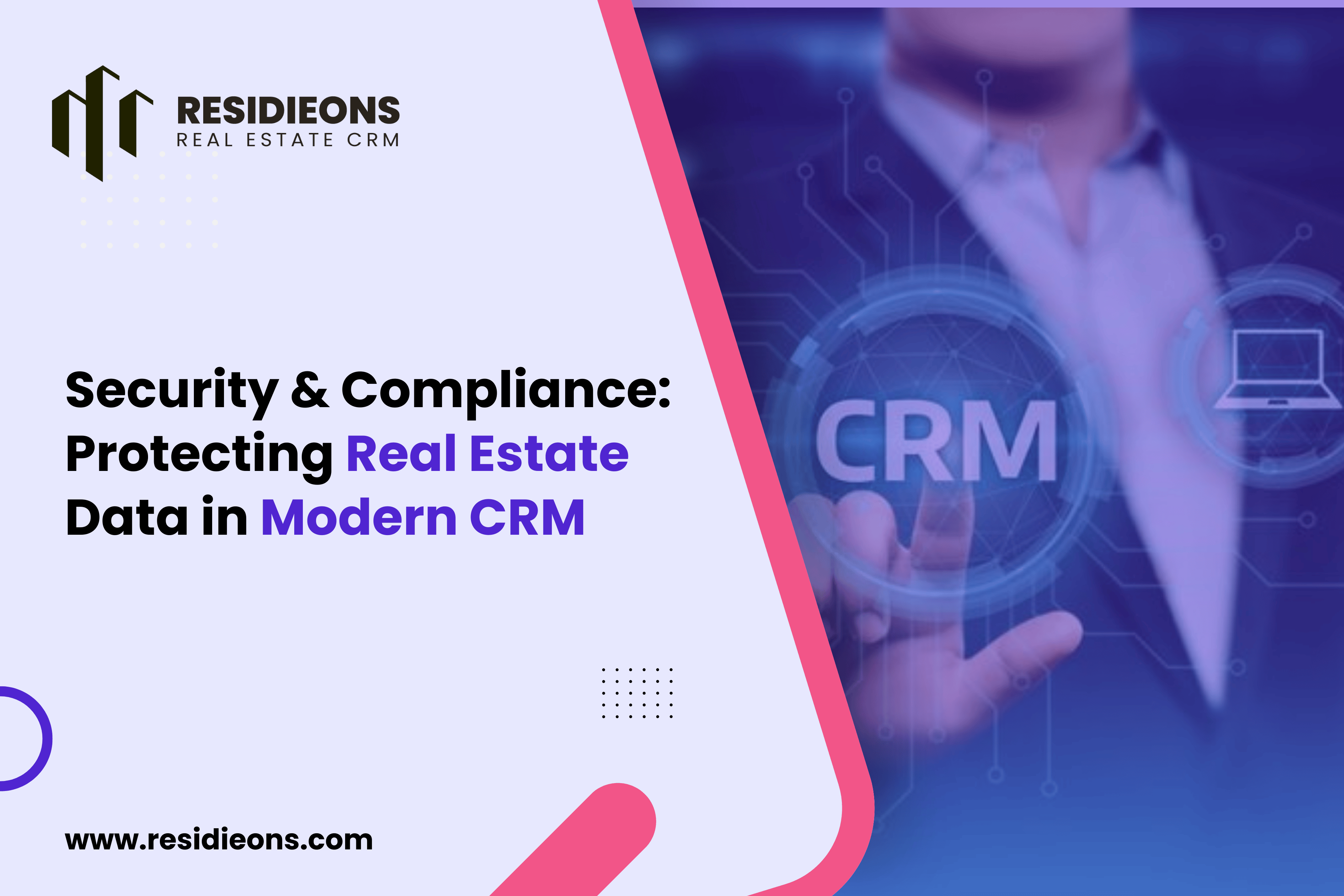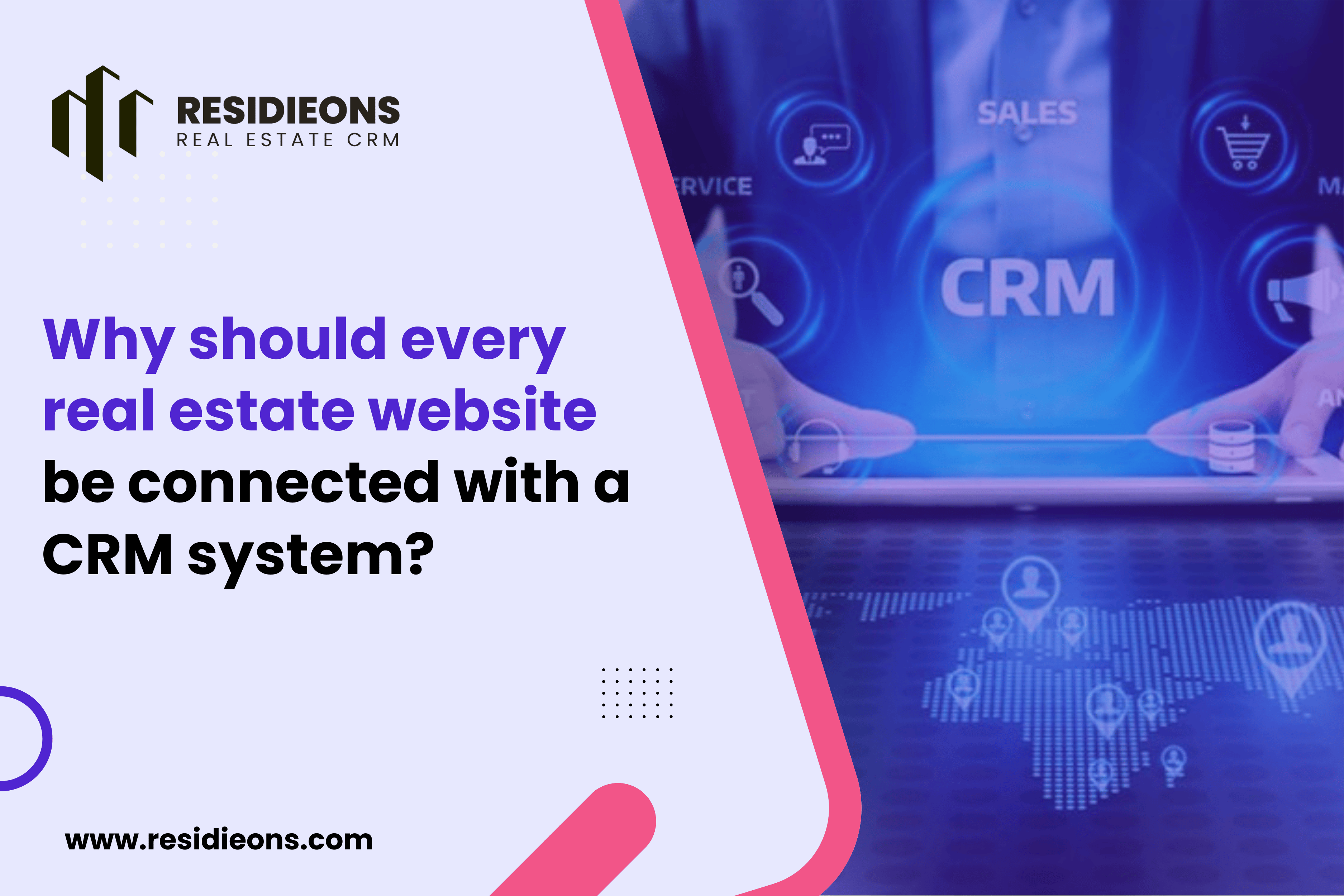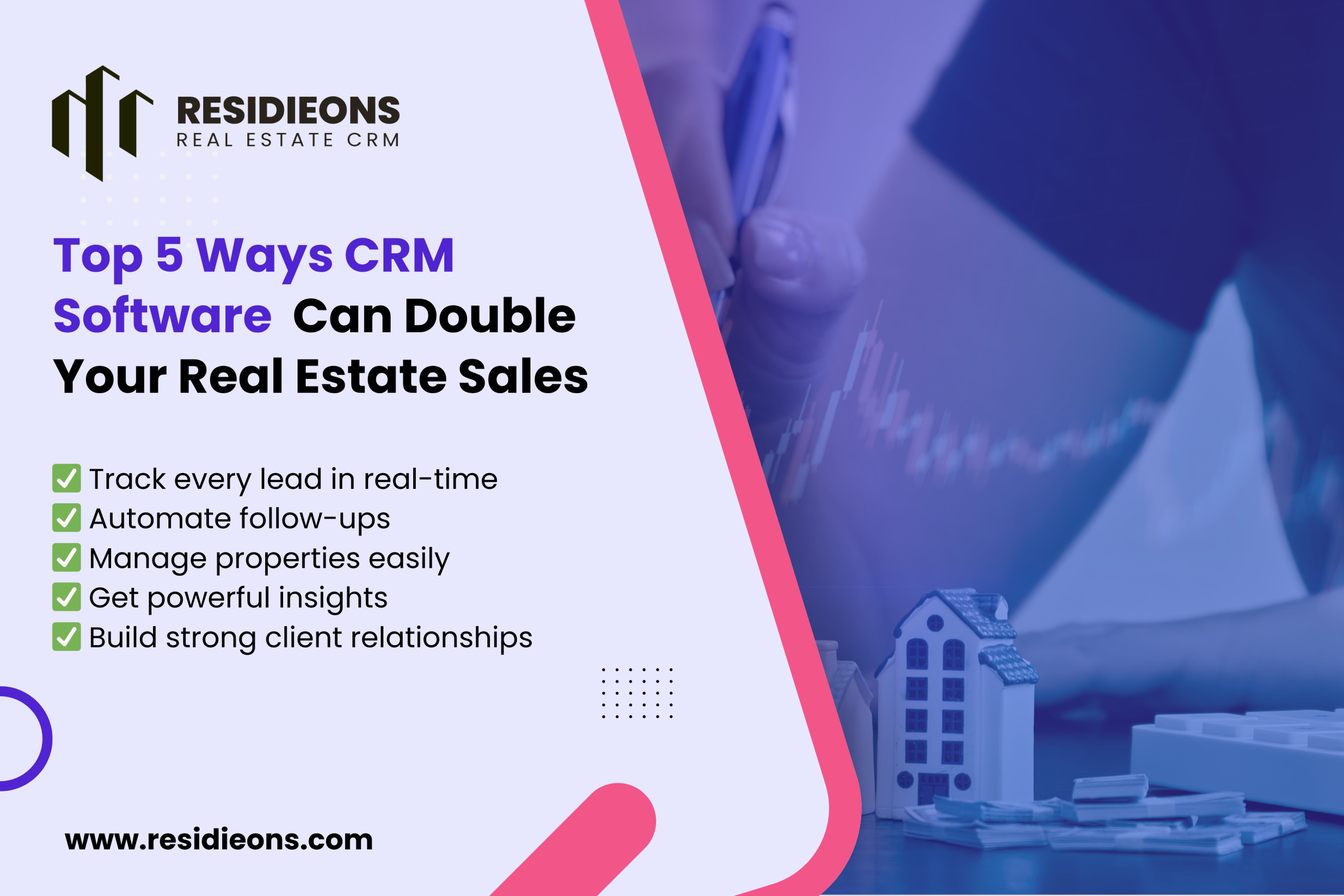
Real property experts operate in a dynamic and competitive enterprise where green management of consumer relationships is paramount to fulfillment. In this generation, actual real estate CRM (customer relationship management) structures have emerged as effective gear to streamline operations, enhance productivity, and foster more potent client connections. However, selecting the proper actual property CRM calls for careful attention and thorough evaluation. In this newsletter, we will explore the importance of asking questions earlier than investing in real estate CRM, delve into key concerns, features, compatibility, vendor popularity, and pricing structures, and go back on funding (ROI) analysis. By asking the proper questions and making informed choices, actual property specialists can ensure that their selected CRM aligns with their particular commercial enterprise desires, maximizes performance, and drives boom.
In the fast-paced world of actual estate,
maintaining track of customers, houses, and transactions can quickly end up
overwhelming. This is wherein a real estate CRM (customer relationship
management) device swoops in to keep the day going. A real estate CRM is a
software solution specially designed to help actual property specialists
control their contacts, automate duties, and streamline their business
operations. It acts as an important hub for organizing patron records, tracking
leads, scheduling appointments, and plenty more.
Implementing a real estate CRM can convey a plethora of advantages to your enterprise. First and foremost, it allows you to stay organized by retaining all your client information in one area. No more rummaging through piles of papers or scrolling with no end in sight through spreadsheets! A CRM also allows you to nurture relationships with your clients by permitting customized verbal exchanges and well-timed follow-ups. Furthermore, it can automate repetitive responsibilities, liberating your valuable time to focus on what you do first-class—remaining offers and building connections.
Investing in a real estate CRM is a
substantial choice, both financially and for the long-term success of your
enterprise. By asking the right questions upfront, you could avoid costly
errors. It's critical to investigate and inquire about the pricing structure,
any hidden costs, and potential extra expenses for necessary integrations.
Knowing the entire amount of funding required will help you make an informed
choice and prevent any unpleasant surprises down the road.
Not all real estate CRMs are created the same. Each enterprise has precise necessities, so it is vital to invite questions that make sure the CRM aligns with your particular wishes. Will it combine with your current equipment and software program? Does it provide the capabilities essential to aiding your workflow? How customizable is it to evolve your business techniques? In your search for readability on these subjects, you may discover a CRM that virtually fits like a glove and maximizes your productivity.
Before making an investment in a real estate
CRM, take the time to understand your particular requirements. Are you commonly
targeted by lead technology? Do you want robust reporting and analytics? Are
you a group of retailers that require collaborative features? Knowing your
priorities will let you evaluate one-of-a-kind CRMs and select one that caters
to your specific needs.
Real property is a dynamic enterprise, and
your business wishes might evolve over time. Therefore, it is crucial to don't
forget the scalability and bootability of the CRM you pick out. Can it
accommodate a growing client base? Does it provide additional functions or
add-ons that could guide your growing business? By considering these factors,
you can destiny-evidence your funding and save yourself the problem of
switching CRMs down the line.
The most pleasant real estate CRM in the world may not be beneficial if your group struggles to use it. User adoption is prime to harnessing the benefits of CRM. So, before making a very last selection, ask questions about the consumer interface, training sources, and ongoing customer support. You want a CRM that is intuitive, easy to study, and backed by a responsive guide crew. This will ensure a clean transition and maximize your group's productivity.
Real estate CRMs include a wide range of
functions; however, some are considered crucial. These consist of touch
control, lead tracking, electronic mail advertising, task automation, and
appointment scheduling. Make sure to invite targeted questions about those
middle functions to determine if they meet your expectations and could
efficiently streamline your actual estate operations.
In addition to the core functions, real estate CRM often
provides advanced functions and customization alternatives. These can raise
your business abilities to new heights. Examples of superior features encompass
advanced analytics, pipeline management, report storage, and integration with tools like MLS systems. With expertise in the full variety of
features and customization options, you could pick out a CRM that best aligns
with your workflow and enterprise goals.
When thinking about a real property CRM, it's
essential to evaluate its compatibility and integration alternatives with your
current gear and structures. You do not need to come to work with a CRM that
doesn't play well with others.
Before committing to an actual property CRM,
test if it could seamlessly integrate with your modern-day gear and structures.
Whether it is your touch control software, electronic mail advertising and
marketing platform, or even your internet site, ensure the whole thing can work
together harmoniously. You don't need to spend hours manually shifting
statistics among systems nobody was given time for that!
In cutting-edge, fast-paced global business,
being able to get admission to your CRM on the pass is a must. Look for an
actual property CRM that offers cellular and far-flung access skills. Whether
you're out-showing homes or sipping margaritas on a tropical beach, you have to
be capable of manipulating your CRM from the palm of your hand. Because who
said work and relaxation couldn't go hand in hand?
Choosing the proper real property CRM approach
considers the vendor's recognition and support offerings. You don't need to put
money into a CRM that leaves you high and dry while you want assistance.
Do your homework before committing to a CRM
vendor. Research their track document and examine purchaser comments. See what
other users have to say about their experience with the CRM and the vendor.
It's like reading reviews before shopping for a brand-new pair of shoes except that
footwear could make or destroy your real property commercial enterprise.
When it comes to customer service and
schooling services, look for a dealer that has your back. Make sure they offer
complete help, whether via live chat, e-mail, or cell phone. It's also worth finding out if they provide education assets to get you up to the mark on correctly using the CRM. After all, you don't need to feel like you're
misplaced in a labyrinth of puzzling features with no one to guide you. That's
what GPS is for, not your CRM.
No one wants to waste their hard-earned money,
right? That's why it is vital to keep in mind the pricing systems and calculate
the return on investment (ROI) while making an investment in an actual estate
CRM.
Real property CRMs frequently have
one-of-a-kind pricing models, including monthly subscriptions or annual plans.
Take the time to recognize each pricing structure and determine which one
aligns best with your price range and business needs. Don't simply pass on the
flashy features without thinking about the cost. Remember, you're not running a
charity right here.
Before beginning your pockets, do a little range crunching to estimate the return on investment (ROI) for the CRM investment. Consider how much time and money the CRM will save, in addition to the potential increase in sales and patron pleasure. A CRM that facilitates you to close more offers and win over customers like an allure is worth its weight in gold. And Hiya, who doesn't love a pot of gold at the end of the real property rainbow?
Investing in an actual Real Estate CRM is not a
choice to be taken lightly. By evaluating compatibility, assessing the seller's
recognition, considering pricing systems, and calculating ROI, you can make an
informed decision to gain your real property commercial enterprise in the long
run. Remember, a nicely selected CRM maybe your trusty sidekick in conquering
the arena of actual property well, perhaps no longer the complete global;
however, you get the idea. Happy CRM-looking!
Investing in Residieons real estate CRM is a
considerable selection that could greatly affect the performance and
fulfillment of your business. By asking the proper questions and carefully
evaluating the available alternatives, you could make a knowledgeable decision
that aligns with your unique necessities. Consider the capabilities and
functionality, compatibility and integration options, dealer reputation, and
support services, in addition to the pricing structures and capability return
on funding. By taking the time to ask questions and conduct thorough studies,
you could choose a real property CRM that no longer only meets your modern
needs but also unites the muse for long-term growth and achievement within the
real property industry.

The real estate market is changing very quickly today, and if you want to s
Read More...


If you are in the real estate business, you already know how tou
Read More...
In today’s competitive real estate market, managing leads, foll
Read More...